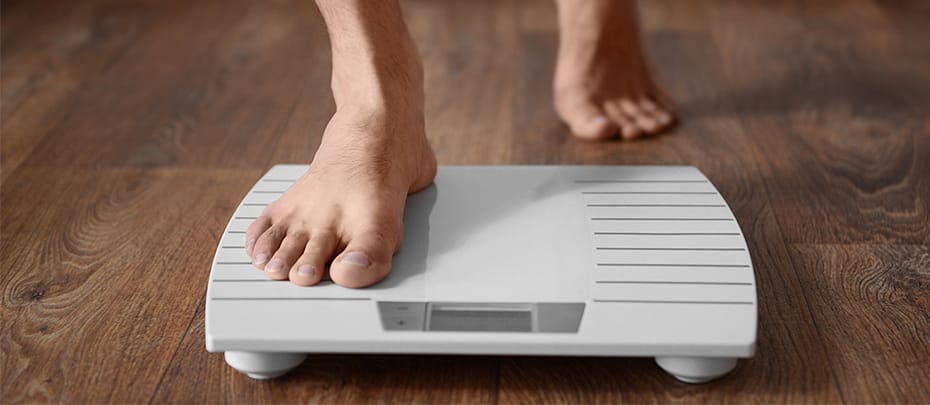Question: I had a physical recently and was given my BMI score. What does it really say about my health?
Answer: Your health is one of the most important factors in your quality of life, but what does good health look like? A common measurement is your body mass index, or BMI. A BMI score is the relationship between height and weight and it can help identify your risk for obesity-related diseases.
But this number does not tell a full story of your health. One important thing it doesn't do? Differentiate between fat versus muscle.
Muscle versus Fat
Muscle weighs more than fat and having more muscle mass is generally associated with better health and greater longevity. Because BMI doesn't account for muscle mass, it overlooks this health indicator entirely, and it's common for people to get lumped into the wrong group.
Take a bodybuilder who has a lot of muscle and very little fat, they might be classified as overweight. Or someone who is thin with very little muscle, they could be declared healthy or even underweight according to their BMI score.
By measuring muscle mass in addition to BMI, you're able to more accurately assess your health and identify your risk for issues like advanced muscle loss or sarcopenia, recovery from injury or surgery, falls and fractures, hospitalization and even heart disease.
Maintaining a healthy fat versus muscle ratio and preserving muscle are important parts of your health, especially as you age. Starting at age 40, you may start to lose up to 8 percent muscle mass per decade. While your muscle loss is not always seen on the outside, there's some simple signs to watch for:
- slow walking speed
- fatigue
- trouble walking up stairs
- difficult rising from a chair
- weaker grip strength
Exercise and Diet
No matter your age, eating a complete, balanced diet and exercising regularly and incorporating strength training are effective ways to maintain your muscle health.
Other ingredients that support muscle health include HMB, or beta-hydroxy-beta-methylbutyrate, which can be found in supplements or nutrition drinks like Ensure®. In addition, aim to get sufficient amount of key vitamins and minerals needed from muscle including iron, magnesium, Vitamin D and B-vitamins.
One number may not tell us everything about our health. The more we understand about our body composition, we can take simple steps to maintain a healthy and active life at any age.
*Note: This column is for general educational and informational purposes only. The information and the opinions of the author expressed do not constitute medical advice. Speak to your medical professional if you need personal health advice.




Social Share